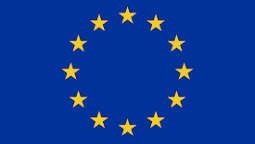France issued a law on February 21 this year. It has some complex terms but the essential part of the new decree remains: “the obligation to acquire, through public procurement, goods resulting from reuse or repurposing or the inclusion of recycled materials and the ban on acquisition by the French state of single-use products made of plastic”. This implies the French central government, and also municipalities and other state institutions, need to consider reuse and sustainability when they acquire products. For instance, this year, 20% of the phones in an offer must be pre-owned.
The trend is only going to get bigger as the figure will climb to 25% in 2027 and 30% in 2033. This covers not only phones, but also tablets and computers and through this, the nation is on track to become the champion of reuse in the EU, if not globally. Other countries, for instance, could adopt similar regulations. The Dutch government admits it purchases 30,000 new smartphones every year but claims that it offsets part of it by partnering with the Dutch firm Closing the Loop.
That collaboration is commendable but it would be even more beneficial if 20% of those 30,000 smartphones were reused. That would amount to 6,000 phones and a direct reduction of 337,800 kg of CO2 emissions and over 10,000 kg of e-waste. This would have a significant impact. Year after year.


 Europe
Europe








